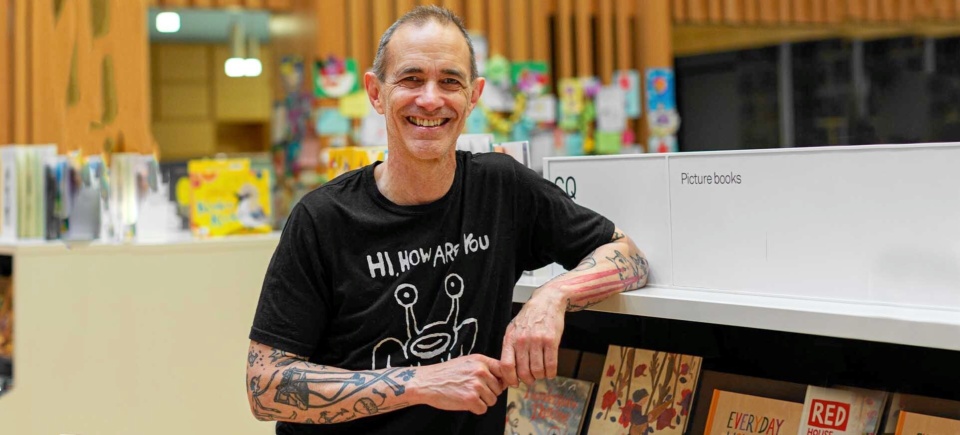
The king of literary silliness becomes Australia’s Children’s Laureate
Posted on 25 Feb 2026
Author Andy Griffiths has spent 30 years bringing “punk rock” to children’s books, making kids…
Posted on 25 Aug 2023
By Greg Thom, journalist, Institute of Community Directors Australia

Migrating to Australia from Lebanon gave Settlement Services International’s Yamamah Agha a deep understanding of the challenges faced by new arrivals to Australia.
When did you join Settlement Services International and what is your current role?
I have been with SSI for nearly 13 years, and my current role is general manager – newcomers, settlement and integration, where I provide strategic leadership to all settlement related programs and initiatives at SSI.
What motivated you to become involved in helping refugees and members of migrant communities new to Australia?
I’ve always believed deeply in social justice and equality, but growing up in a country without a strong welfare system – Lebanon – gave me a different kind of understanding and appreciation of the support we have here in Australia.
My professional background is in teaching and sociology, so when I came over to Australia, I initially volunteered with migrant resource centres and saw how I could use my skills to influence systems and services for people who really needed it.
Not many people are aware, but Australia is now known globally for the quality of its humanitarian settlement program.
I’ve worked in the sector for some decades, and when I started we had a strong compliance, “tick the box” focused system, so I saw an opportunity to add value and do my part to ensure our settlement services were holistic and centred on the strengths – and needs – of the individual.
What are the biggest issues faced by refugees and vulnerable groups in need?
It’s hard to narrow it down to a singular issue.
Refugees must overcome many obstacles in beginning new lives in Australia, ranging from simple things like setting up a Centrelink account to the more complex tasks of learning a new language and re-establishing a community of support.
A particularly prevalent issue is achieving meaningful economic participation.
This has a flow-on effect in so many other areas of their lives. Ask almost any former refugee about the best job they’ve had in Australia; they’ll often tell you it was the first one.
That isn’t necessarily because of the job itself – it’s because it gave them the opportunity to more meaningful socially and economically participate in the community, which enhances their sense of belonging and inclusion.
So economic participation is an important building block that helps individuals on the pathway to achieving their full potential.
Australia has a very complex skills and qualifications recognition scheme.
So we have engineers and doctors who are driving Ubers instead of using their professional skillsets – many of which are skills in short supply in Australian industries too, so as a country we’re missing out.
Similarly, some industries have prohibitive English language requirements that don’t reflect the language levels required to fulfil the functions of those roles.

"Helping newcomers to feel welcome and included requires us to see their humanity – to acknowledge their differences and to embrace them with curiosity and understanding."
Tell us about your recent overseas trip to the United Nations.
When you work in refugee resettlement, you’re part of a global ecosystem of colleagues who are all grappling with the same challenges of – and coming up with innovative solutions for – the record levels of global displacement our world is facing.
SSI is part of a small Australian delegation each year that represents non-government organisations at [UN refugee agency] UNHCR’s Annual Tripartite Consultations on Resettlement (ATCR).
This body creates a forum for that collaboration between all the actors involved in refugee resettlement – from UNHCR itself, to government, to NGOs and more.
Emerging discussion themes this year included use of technology to optimise resettlement, something we are exploring ourselves with an orientation app currently being piloted with some clients.
In addition, reporting and recording outcomes was another strong theme.
It was interesting to hear about work being done in the US and Canada monitoring responses from both refugees and host communities, which closely mirrors work we have done in Armidale – one of Australia’s newest refugee resettlement regions – in tracking community attitudes to refugee resettlement.
The trip reinforced to me the value of global engagement and collaboration to ensure we’re working as a team to tackle record levels of global displacement and ensure a smooth settlement experience for those refugees who arrive on our shores.

What is one simple thing ordinary Australians do better to make new arrivals feel valued and welcomed to this country?
Get curious.
You can volunteer with organisations like SSI, donate to refugee-led groups, show up to protests for refugee rights – but the most powerful way of building a culture of welcome begins at a grassroots level in our community.
It’s a greeting at the school yard gate, a smile at the grocery store, an offer of a cup of tea. No one is born a refugee – it's just a label to describe a fleeting period of someone’s life.
Newcomers to Australia are no different than any of us, except they have been forced to leave behind their friends, family, and everything they know to live the safe lives that many of us take for granted.
Helping newcomers to feel welcome and included requires us to see their humanity – to acknowledge their differences and to embrace them with curiosity and understanding.

Posted on 25 Feb 2026
Author Andy Griffiths has spent 30 years bringing “punk rock” to children’s books, making kids…

Posted on 18 Feb 2026
When Nyiyaparli woman Jahna Cedar travels to New York next month as part of the Australian…

Posted on 11 Feb 2026
Rev. Salesi Faupula is the Uniting Church’s moderator for the synod of Victoria and Tasmania. Born…
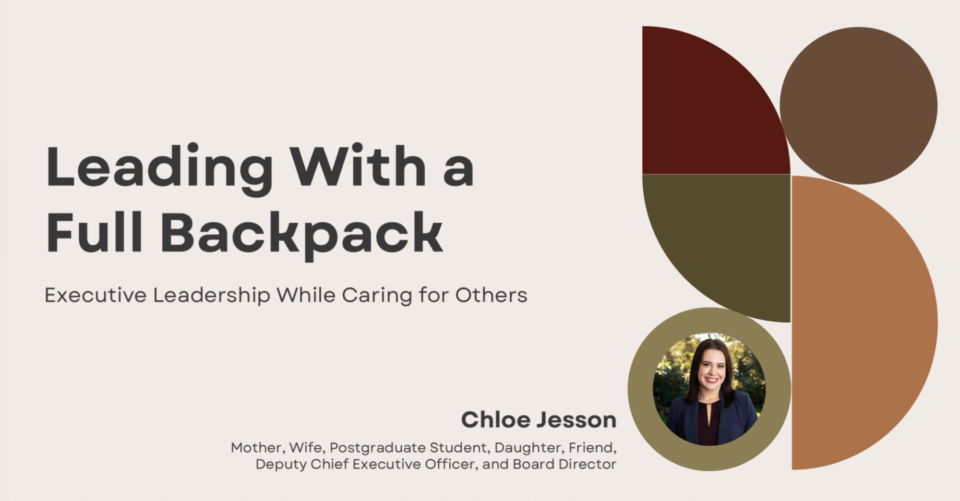
Posted on 04 Feb 2026
At the Third Sector leadership conference in Sydney last year, Queensland health executive Chloe…
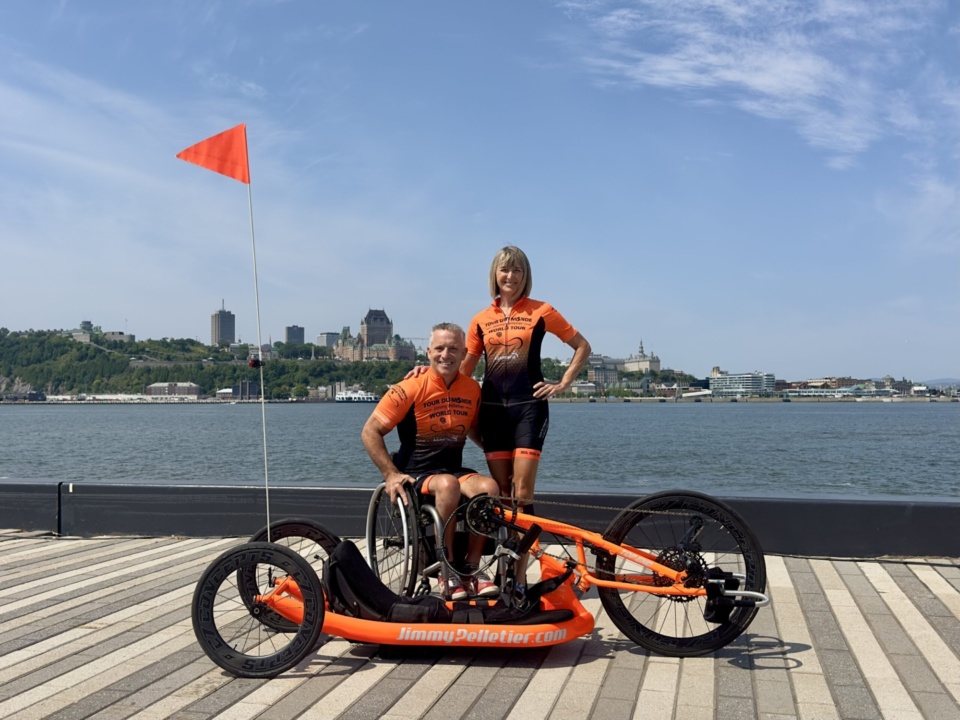
Posted on 28 Jan 2026
French-Canadian Jimmy Pelletier, who lives with paraplegia, is six and a half months into a…
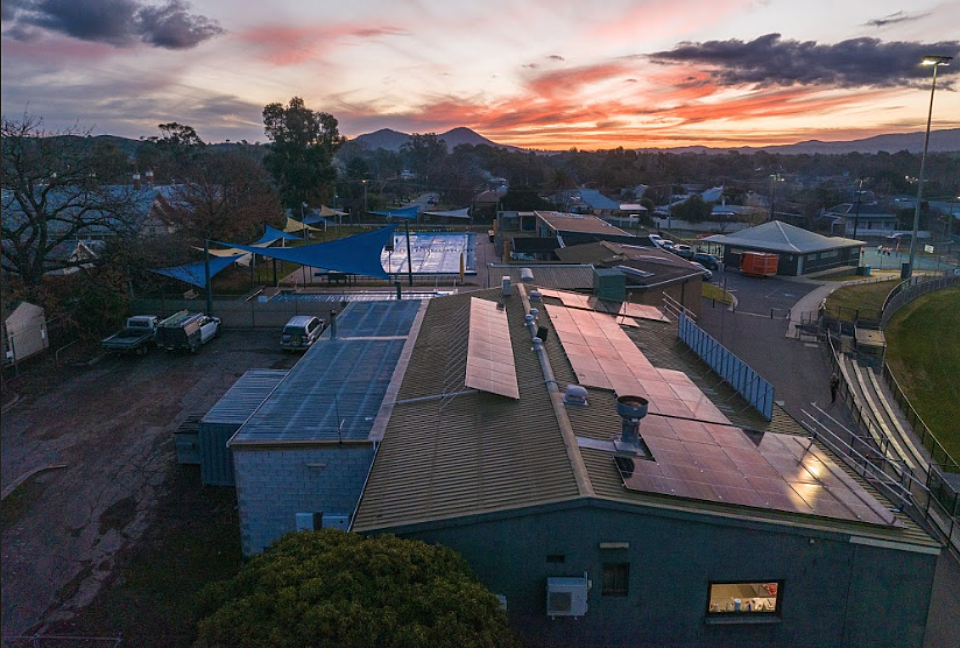
Posted on 16 Dec 2025
Lex Lynch spent more than two decades in the climate change and renewables field before last year…
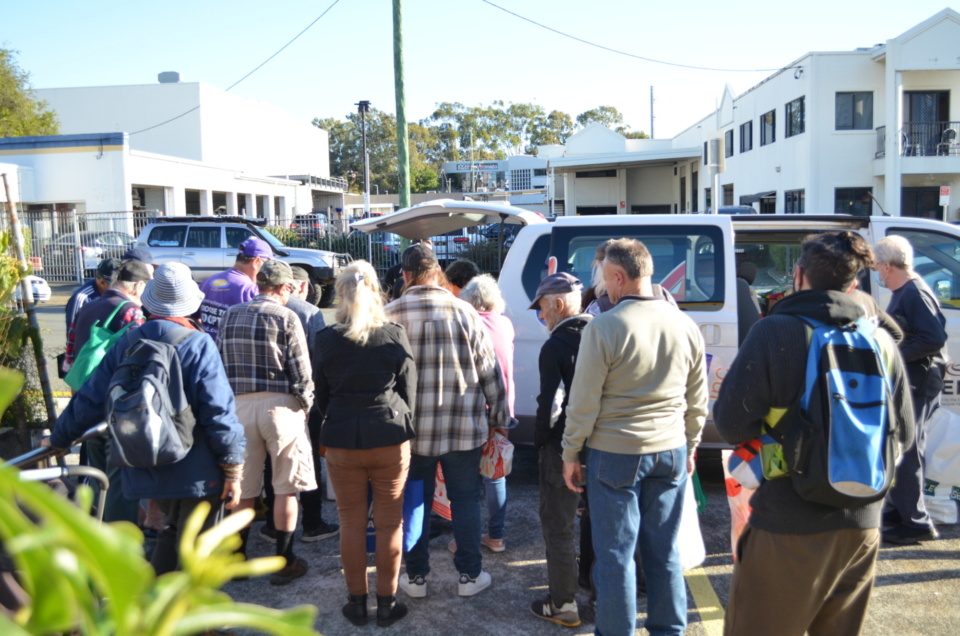
Posted on 10 Dec 2025
A long-time advocate for rough sleepers in northern New South Wales has been named her state’s…
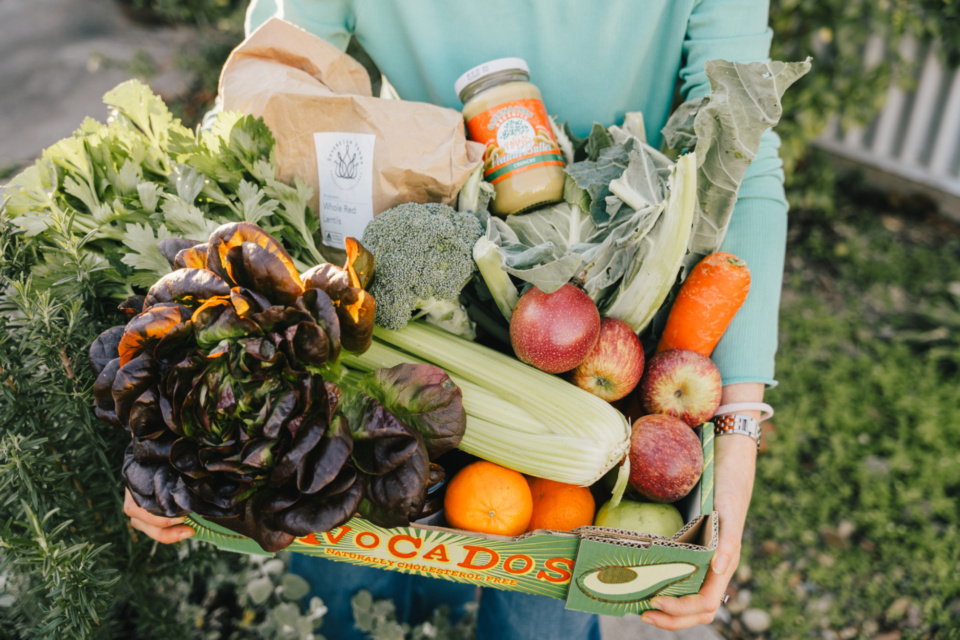
Posted on 03 Dec 2025
Emma-Kate Rose is the co-CEO of Food Connect Foundation, working with communities to support the…
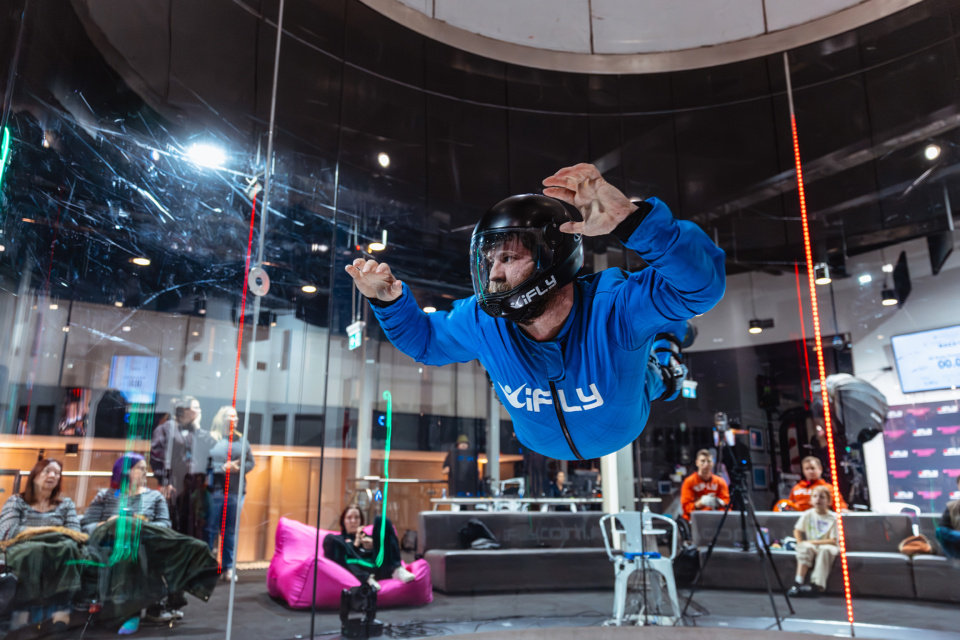
Posted on 26 Nov 2025
Next Wednesday, December 3, All Abilities ambassador Greg Pinson will be celebrating the…
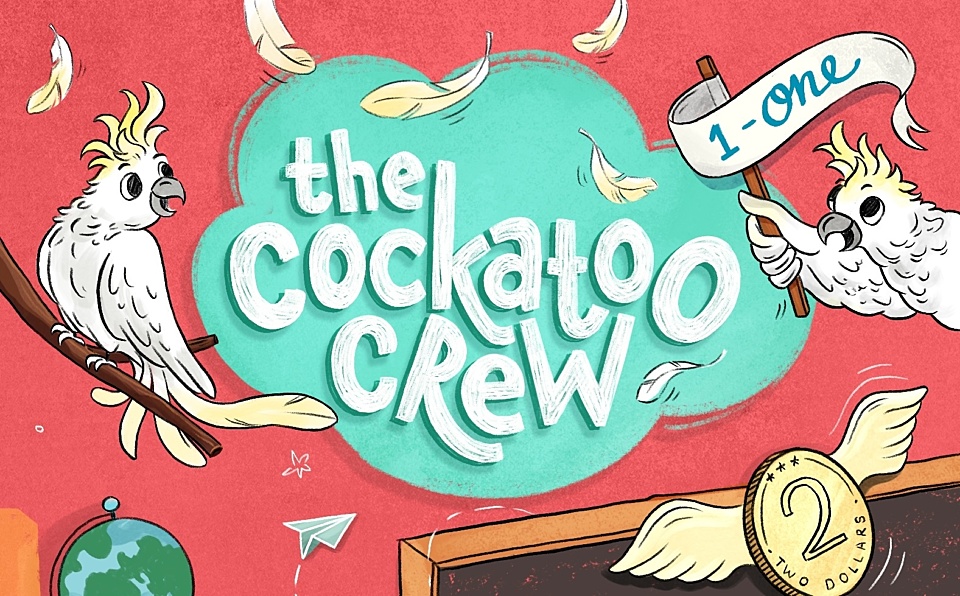
Posted on 19 Nov 2025
Lora Inak is the author of the Cockatoo Crew books, a new children’s fiction series (illustrated by…
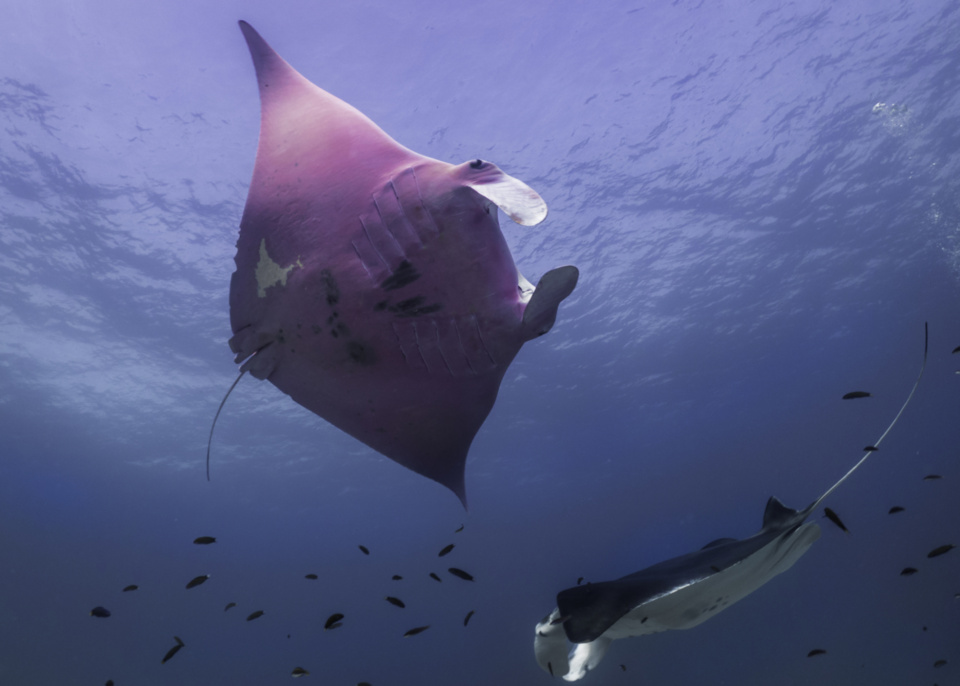
Posted on 11 Nov 2025
Project Manta, a long-running scientific study that includes a citizen scientist component, is…
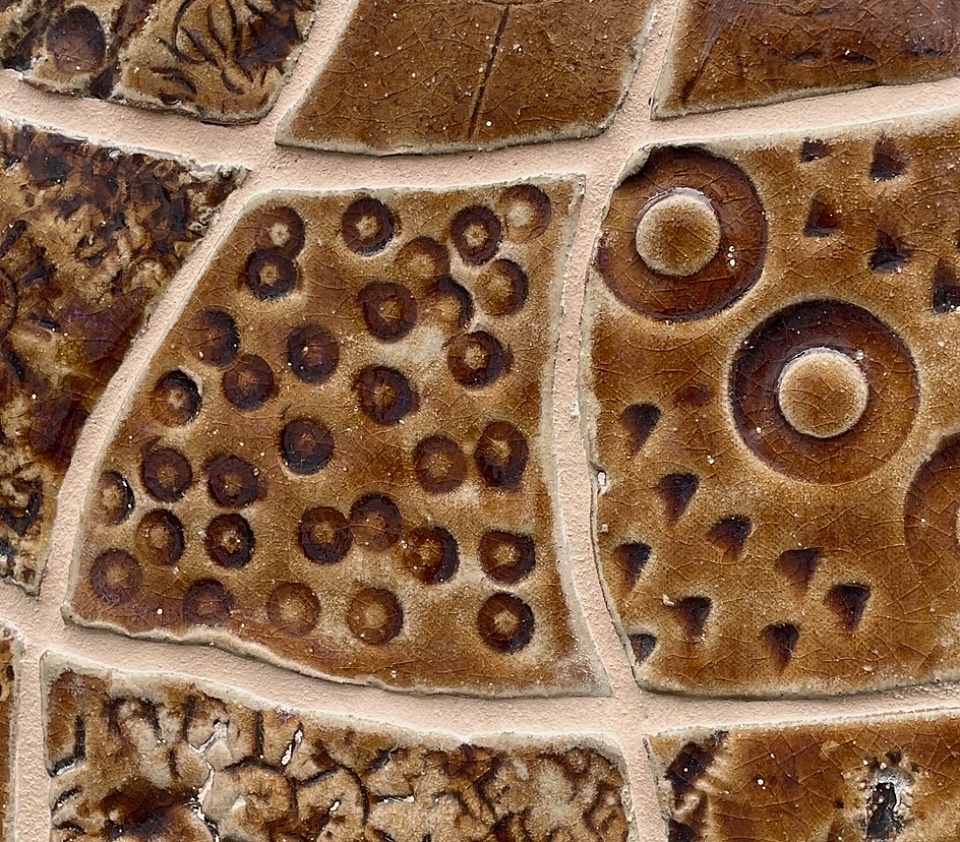
Posted on 04 Nov 2025
Diamando Koutsellis is the CEO of the not-for-profit Australian Ceramics Association, as well as a…